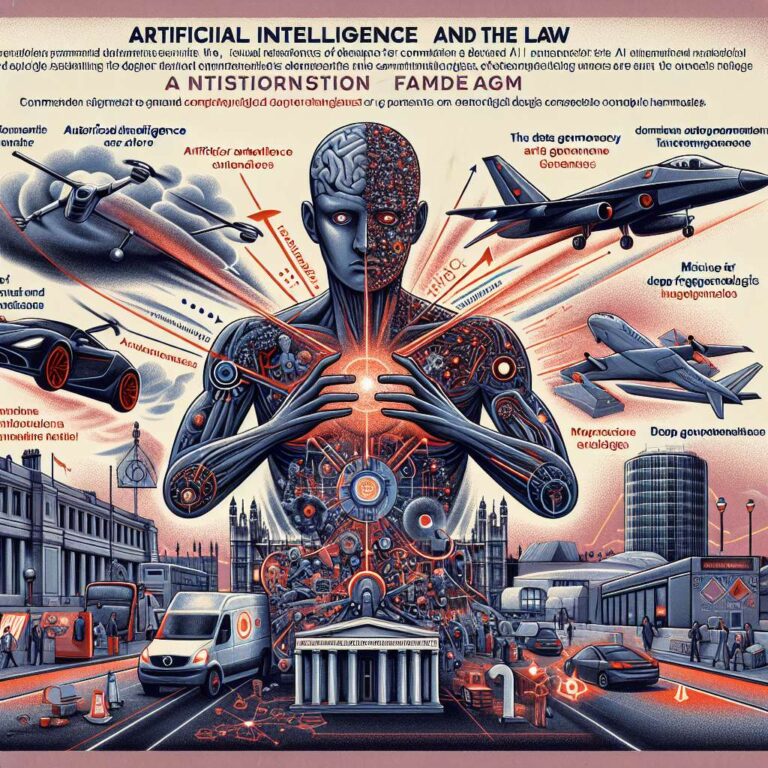The Law Commission has published a discussion paper titled ´Artificial Intelligence and the Law,´ aimed at raising awareness of the legal challenges and opportunities emerging from the development and use of artificial intelligence technologies. This publication is positioned as a catalyst for open conversation about how legal frameworks in England and Wales may need to adapt in response to rapid advances in artificial intelligence. The Commission emphasizes that the purpose is to prompt dialogue rather than propose definitive reforms at this stage.
The paper provides a foundational overview—explaining what artificial intelligence is, how it operates, and the way it is already transforming societal interactions. Legal questions are examined through three key themes: the autonomy and adaptiveness of artificial intelligence systems, the dynamics of human interaction and reliance on these technologies, and the processes involved in artificial intelligence training and the handling of data. By articulating examples across private, public, and criminal law, the Law Commission identifies core areas where legal scrutiny may become especially pressing as artificial intelligence systems continue to evolve and proliferate.
While the paper does not suggest new statutes or regulatory measures, it connects with ongoing and recent Law Commission projects, including those on automated vehicles, aviation autonomy, and the misuse of deepfake technologies in intimate image abuse. The Commission signals its expectation that artificial intelligence will increasingly underpin both the substance and methodology of future law reform projects. Sir Peter Fraser, Chair of the Law Commission, underscores the duality of artificial intelligence´s transformative potential: significant societal benefits coupled with the risk of harm. He stresses the need for England and Wales’s legal system to evolve in step with technological change, urging wider public engagement as a necessary precursor to any meaningful legal reforms.
The full discussion paper is available for download, encouraging stakeholders and the public to consider the impact of artificial intelligence and to participate in shaping the future direction of law reform in this domain.

